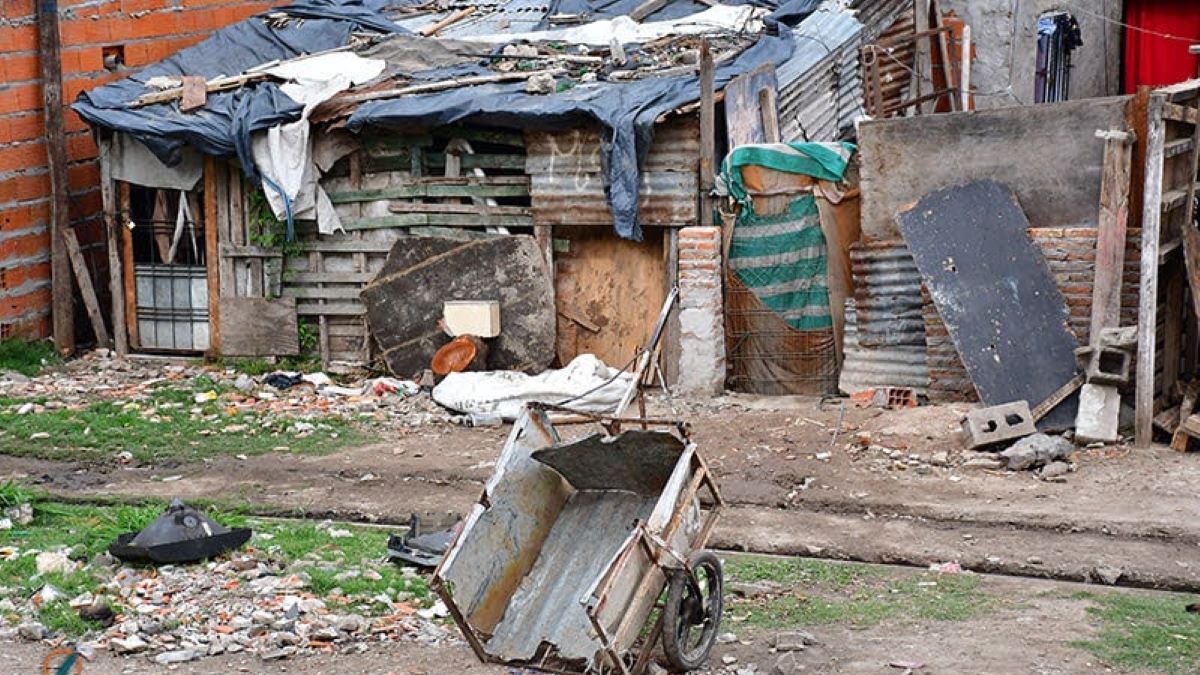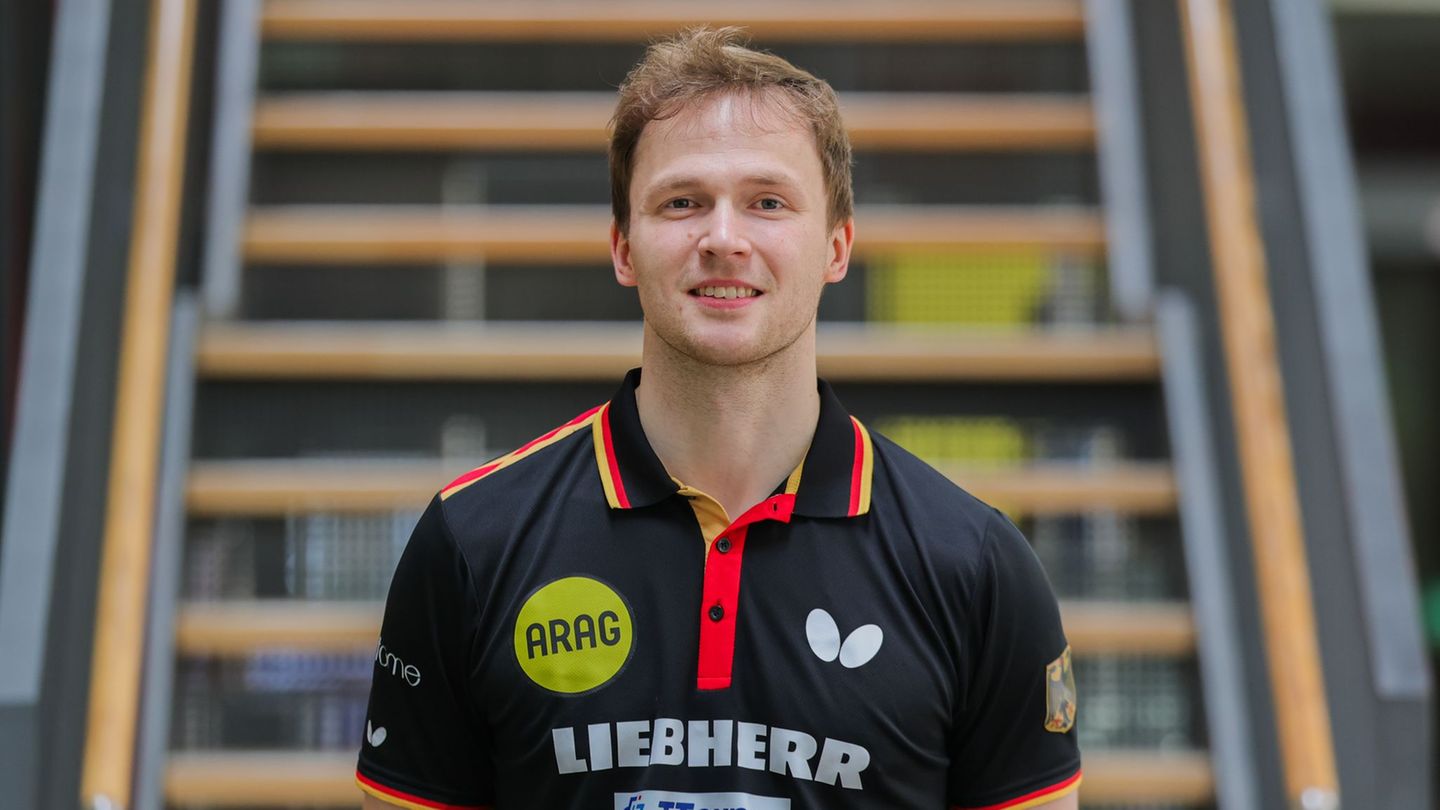In one of the presidential spokesperson’s classic press conferences recently, a comment about inequality was slipped in response to a question from a journalist. A very unfortunate situation was given as an example, which is clearly far from everyday reality. It is clear that there is inequality between all of us who inhabit this planet, but the question was not directed at the inequality that exists between figures like Adorni and Elon Musk, but at the social inequality that deepens every day in our country and that produces a alarming inequality.
Let’s do an imagination exercise and think of three young people behind a wall wanting to observe the most beautiful landscape we can imagine. We give the three young people the same step so that they can reach the wall. However, it will happen that one of them will be able to observe comfortably and be moved by seeing the landscape, the other will be on tiptoe and will be more concerned with not falling than with seeing the landscape, and the last, despite the step, will not reach see the landscape This illustrates the concept of equality: we give everyone the same, but there is no equity. Everyone needs a step of different height to appreciate the beautiful landscape, and that is what is meant by equity.
The problem lies not only in inequality, but also in the fact that equity is an ethical and moral discussion that seeks equal opportunities as a means to reduce inequalities. Therefore, it is essential to make a clear differentiation between inequality and equity, underlining the importance of an ethical commitment.
Inequality and equity are key concepts in the social, economic and political analysis of any nation. In Argentina, these terms become relevant not only in the academic field, but also in everyday life.
Inequality refers to the unequal distribution of resources, opportunities and rights between different groups of people. This situation can manifest itself in various forms: economic, social, gender, and access to education and health, among others. In 2024, Argentina continues to face significant challenges in this area.
According to the ECLAC (Economic Commission for Latin America and the Caribbean) report of January 2024, poverty in Argentina affects 40% of the population, which is equivalent to approximately 18 million people. Additionally, the richest 10% of the population concentrates 40% of the national wealth, while the poorest 50% only owns 10% of the country’s resources. This abyss in the distribution of wealth is a clear reflection of the economic inequality that permeates Argentine society.
Equity implies the ethical commitment to guarantee that all people receive what they need to have equal opportunities, considering their particular circumstances. Unlike equality, which is based on granting the same resources to everyone, equity strives to close gaps and ensure that each individual has access to what they truly require to thrive.
Equity translates into public policies that promote inclusion and social justice. The implementation of welfare policies, such as family allowances and health access programs, seek to mitigate existing disparities.
According to data from the World Bank, they indicate that around 65% of informal workers in Argentina come from sectors in vulnerable situations, which highlights job insecurity and the absence of basic labor rights. This phenomenon magnifies inequality, creating a cycle that is difficult for many families to break.
In the educational field, the 2024 Ministry of Education report reveals that 25% of children and adolescents in rural areas did not complete secondary education, in contrast to 15% in urban areas. This disparity in educational access and quality is a clear example of how inequality is reproduced across generations.
It is essential to have a present state. It is important to highlight that, between 2003 and 2019, programs focused on equity were implemented, such as the Progresar National Scholarship Program, which seeks to provide support to students from low-income sectors, the Universal Child Allowance (AUH), and the Procrear program that He took care of the house. In addition, the Conectar Igualdad Program was launched, which attempted to reduce the digital divide. Most of these programs have currently been suspended, reducing state intervention to a minimum.
It should be noted that the programs that remained standing received updates in 2024, with the objective of mitigating poverty caused by the devaluation, the excessive increase in rates for public services, transportation and medicines.
Inequality and equity are not just abstract concepts; They are realities that affect the daily lives of millions of Argentines. Inequality, evidenced by worrying data on poverty and limited access to basic rights, requires urgent attention. In 2025, the ethical commitment to equity is essential to build a more just and sustainable future.
To move towards a more equitable society, it is crucial to confront inequality with concrete actions and policies that promote not only legal equality, but also the conditions necessary for all people to reach their full potential.
Reducing benefits to vulnerable sectors of our society, such as retirees, students, families who live in popular neighborhoods, or only those who cannot cover the basic food basket, results in a deepening of the inequality and lack of equity that they so need. to live with dignity.
It is necessary to build solid foundations for a productive country, with a national industry that generates registered, genuine and quality employment, and a present and efficient state.
In a context where inequality continues to be a palpable challenge, the ethical commitment to equity becomes an imperative for sustainable development and social cohesion. This commitment not only seeks to close existing gaps, but also promote an environment where all people can access opportunities and rights equitably. This is where the Milei government must understand the fundamental role of the state, since the market does not address or solve these problems.
Former head of the State in your Metropolitan and National Congressional District Program of the PJ. NEP leader
Source: Ambito
David William is a talented author who has made a name for himself in the world of writing. He is a professional author who writes on a wide range of topics, from general interest to opinion news. David is currently working as a writer at 24 hours worlds where he brings his unique perspective and in-depth research to his articles, making them both informative and engaging.




